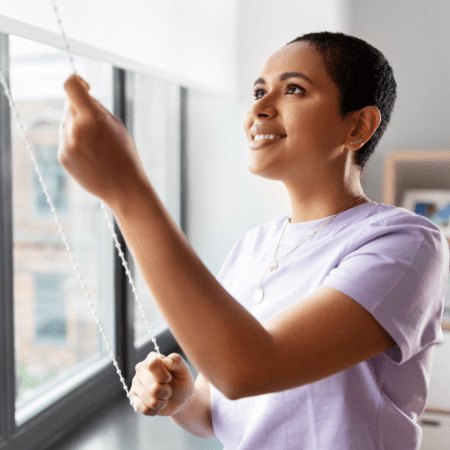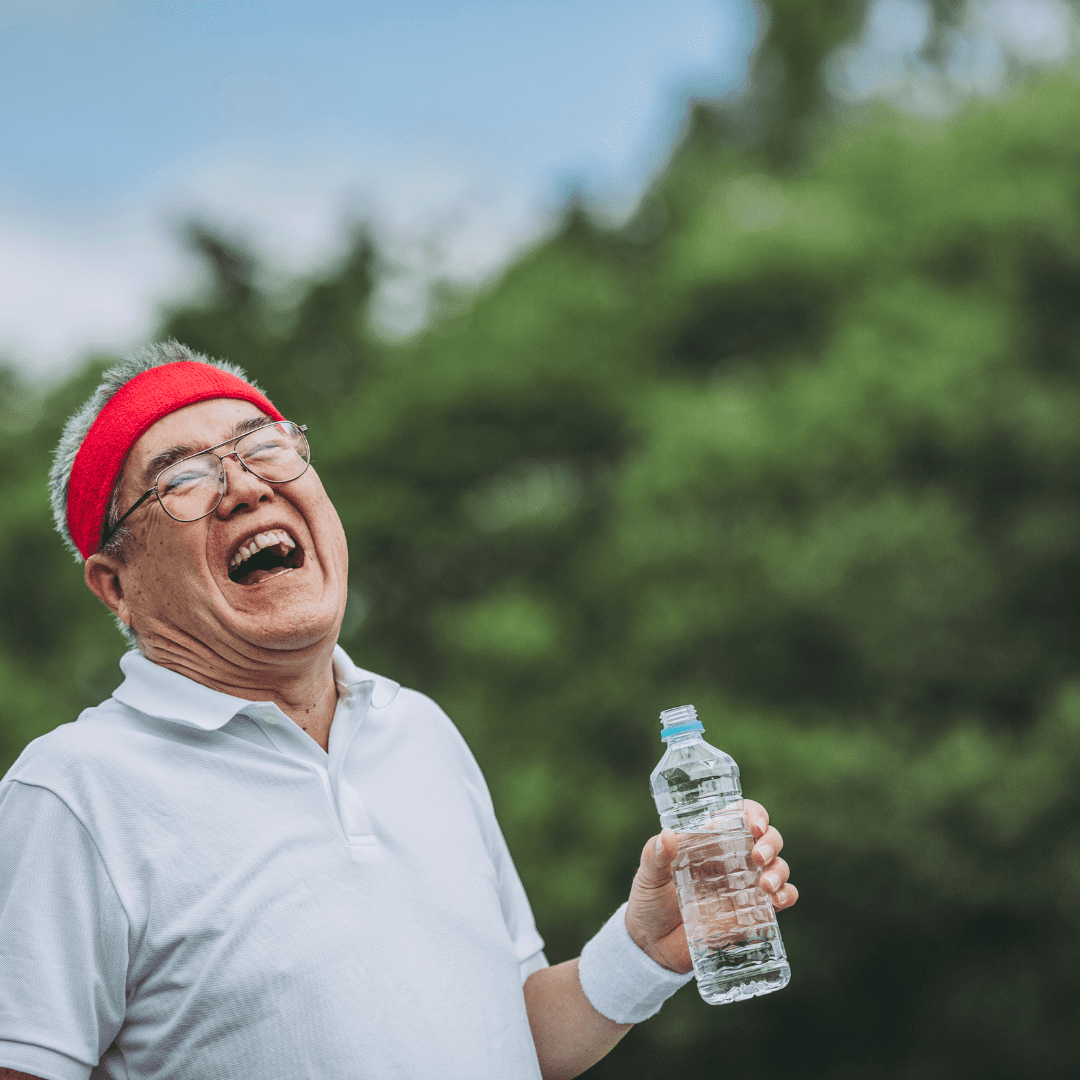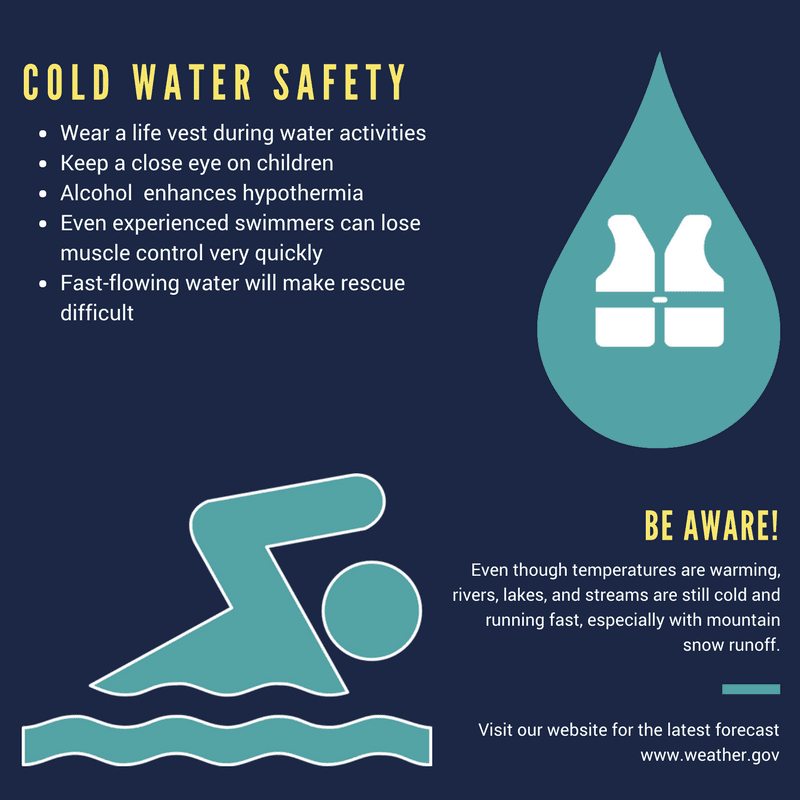
Seattle weather seems to have skipped right over spring and decided to go into some unseasonably high temperatures over the next five days. The National Weather Service has issued a heat advisory through Monday night with temperatures reaching the mid ’80s and potentially 90 degrees in some areas.
While the first burst of heat after a cold rainy spring may be welcome, it can also go from uncomfortable to dangerous very quickly. To help keep you safe and cool this weekend we’ve prepared a quick list of tips to help.
Keeping cool…while saving energy
Use window treatments to your advantage
Blinds and drapes are effective methods of reducing heat inside your home. Before the day starts to heat up, close your windows and draw the blinds or drapes on windows that are exposed to the sun, especially those that may face south or west. By keeping the sun out, you prevent it from heating up the interior of your home.
Trap cold air in
Along the same vein, don’t let your cold air escape. Whether you’re employing in-home air conditioning, heat pump-based cooling, or a portable AC unit, letting out the air that you just spent time and money cooling is wasteful. Keep your windows closed and doors shut when it is cooler inside than outside.
Avoid accidentally heating your home with appliances
Large appliances like ovens and ranges can heat up more than just your food; they can also heat up your home! Try recipes that require minimal cooking, or use appliances like microwaves, electric pressure cookers or even cook outside on a grill.
Adapt with temperature changes
As the night air cools and becomes more comfortable, turn off your cooling systems or portable units, open the windows, and allow air to circulate.
Keeping cool…while staying safe
Stay hydrated
The Center for Disease Control advises that when working or exercising in the heat, you should drink 1 cup or 8 ounces of water every 15 to 20 minutes to make up for fluid loss. Drinking small amounts more frequently is better for you than drinking large amounts at once. Ideally, 24-32 ounces of water per hour is best without exceeding 47 ounces.
Know the signs of heat illness
Extreme heat can cause heat exhaustion and even heat stroke. Signs of heat exhaustion include dizziness, thirst, heavy sweating, nausea and weakness. If someone is exhibiting these symptoms, move them to a cooler area and have them sip cool water. Seek medical attention if the symptoms worsen or don’t improve.
Don’t risk your life in cold water
The heat wave will continue to melt mountain snow, causing rivers and waterways to be colder and move faster. Lake and river temperatures will still be colder than expected, which can be dangerous. Use extreme caution, wear a life jacket and keep a close eye on children.
Visit our website for more tips and ideas to help conserve energy around your home and for more heat safety tips visit the City’s Heat Safety page.


